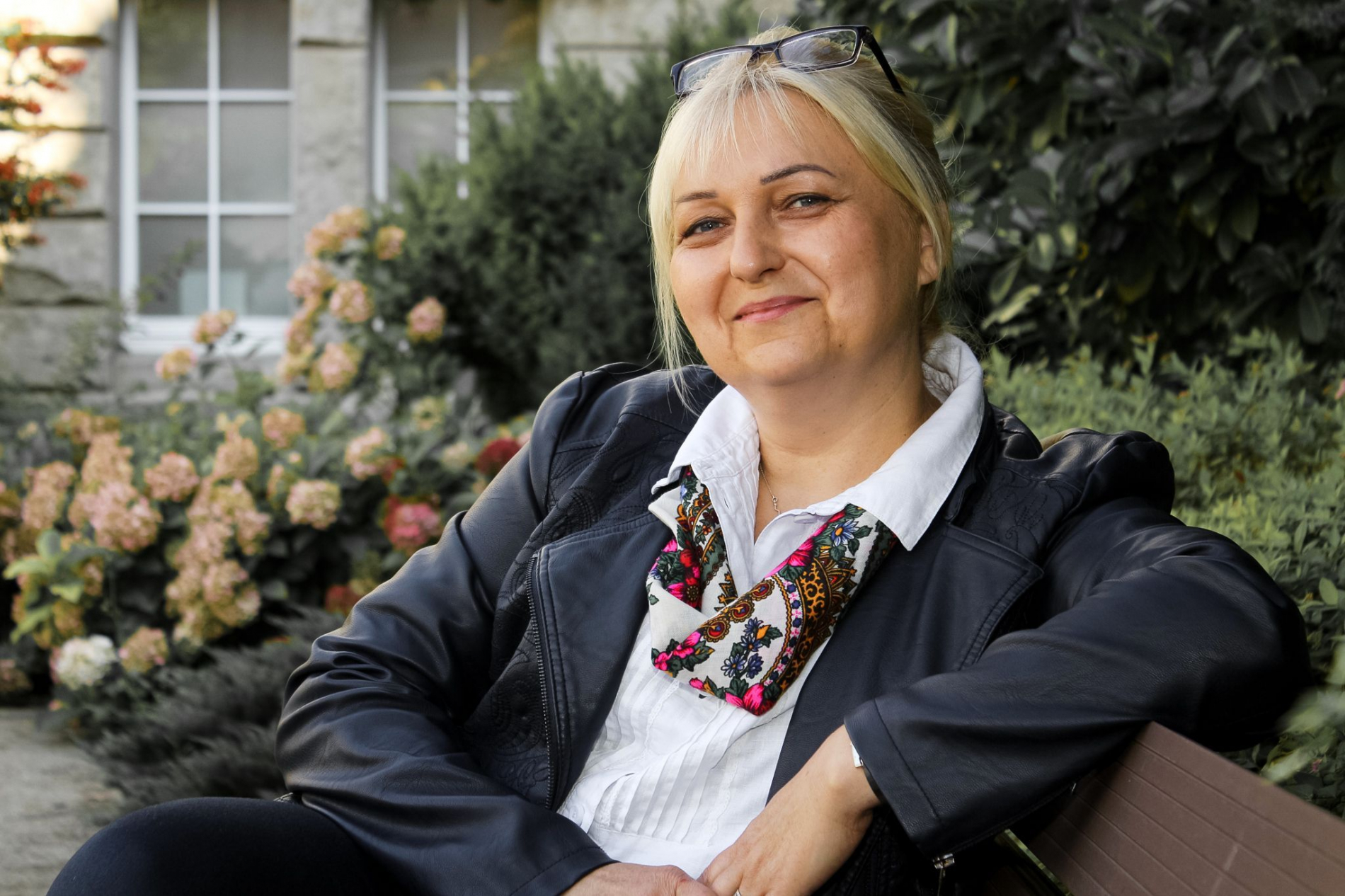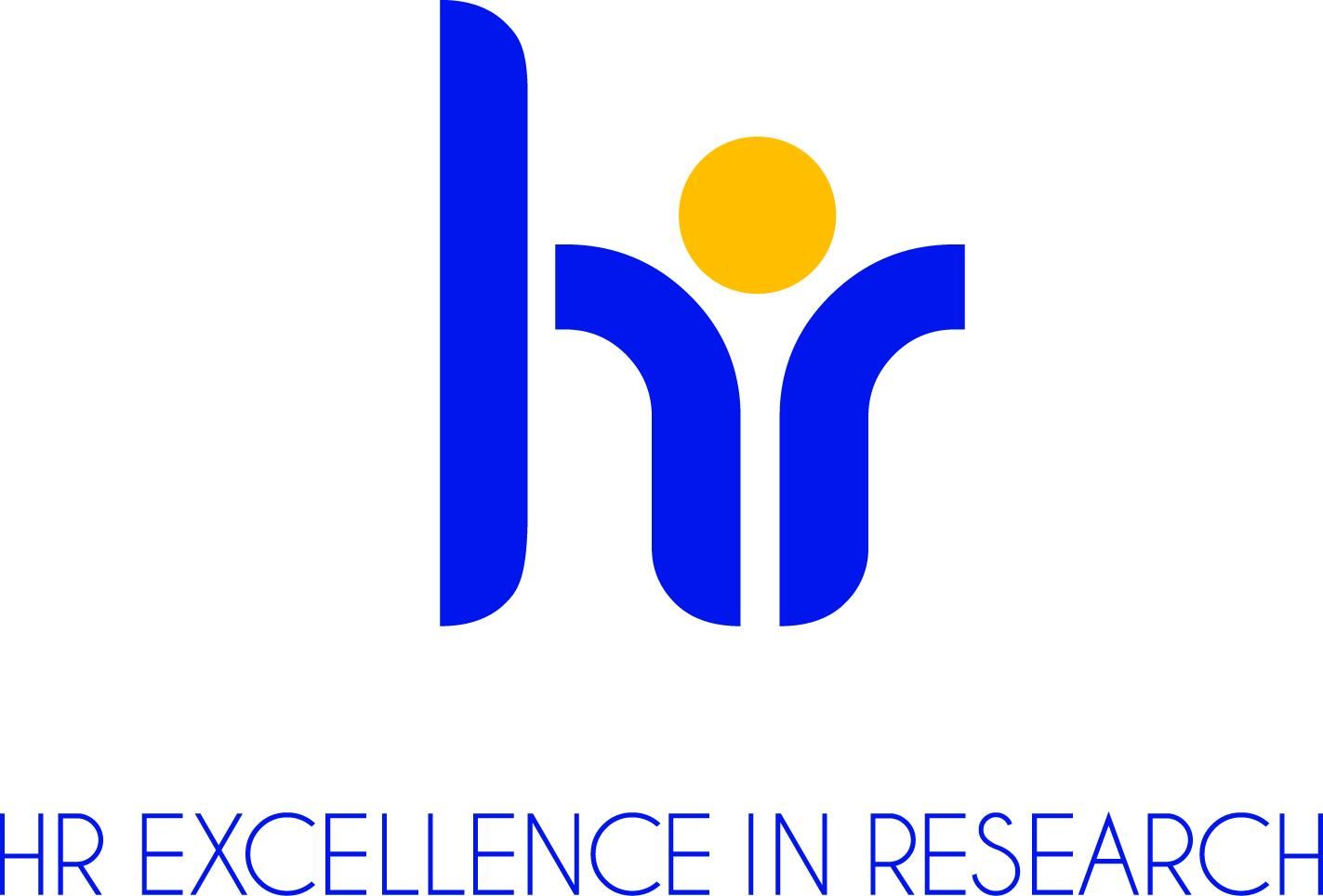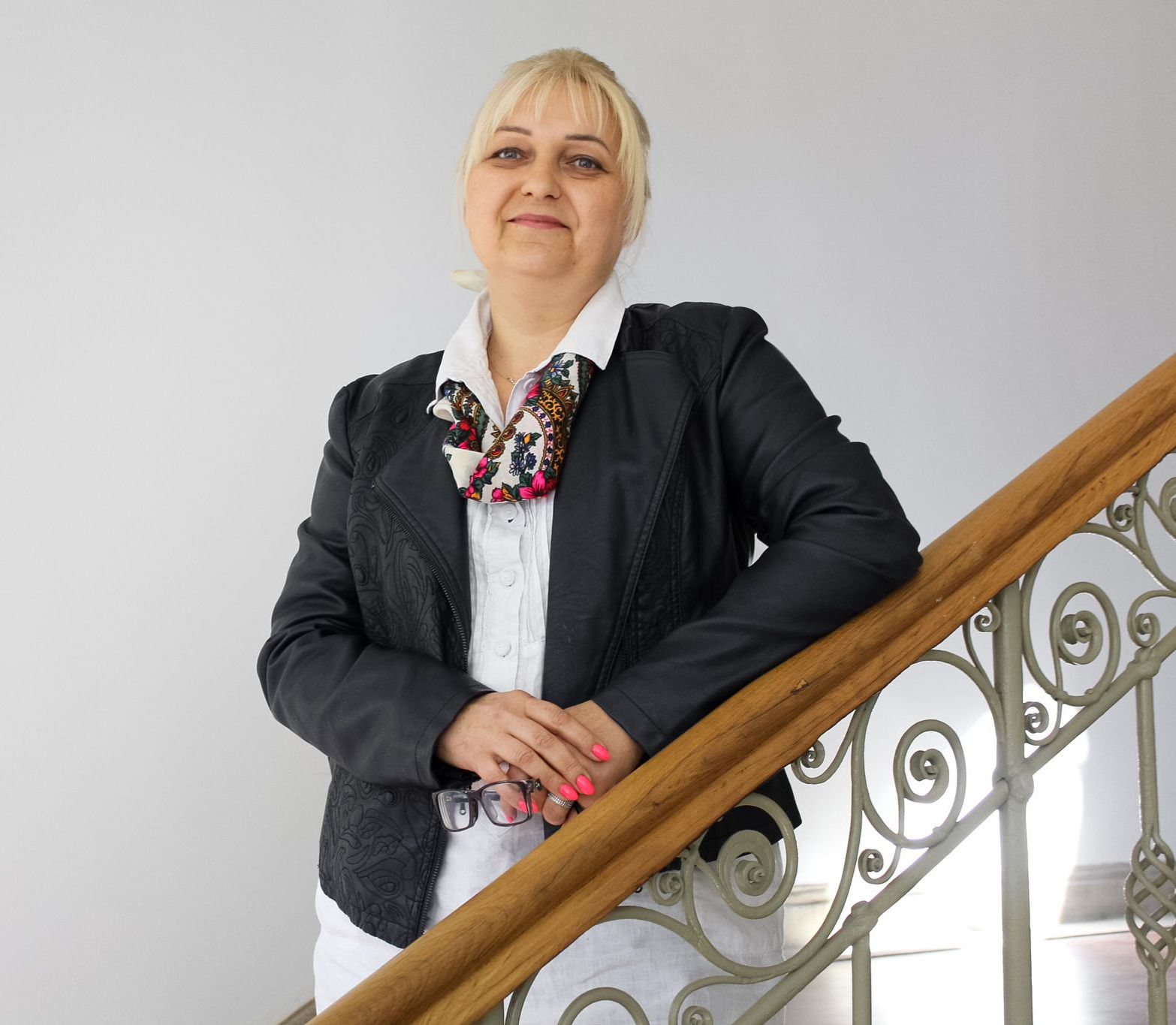YOUR BROWSER IS OUT-OF-DATE.
We have detected that you are using an outdated browser. Our service may not work properly for you. We recommend upgrading or switching to another browser.
Date: 06.10.2021 Category: general news, international cooperation, university people
– The University is changing. We’re becoming an attractive place to work for researchers from Poland and abroad – says Prof. Agnieszka Wojciechowska, coordinator of the team for the implementation of the European Human Resources Strategy for Researchers at Wrocław Tech.
Transparent recruitment rules, freedom to conduct scientific research, an opportunity for professional development, and support for employee mobility are what the European Human Resources Strategy for Researchers guarantees to every researcher employed at Wrocław Tech. As a result, we’re one of over 600 European institutions that can use the “HR Excellence in Research” distinction.
Iwona Szajner: What does it mean to be a researcher these days?
 Prof. Agnieszka Wojciechowska*: A researcher is someone who explains the world around us and seeks solutions to benefit others, and this hasn’t changed for years. Only the methods and conditions in which we carry out our research have changed.
Prof. Agnieszka Wojciechowska*: A researcher is someone who explains the world around us and seeks solutions to benefit others, and this hasn’t changed for years. Only the methods and conditions in which we carry out our research have changed.
Since we have the opportunity to use research laboratories at other universities, collaborate online, and do international projects, we’re establishing very broad relations. And it is this exchange of ideas and knowledge that is invaluable to science. The more different perspectives on a scientific problem, the greater the chance that it will be solved. This was evident, among other cases, during the pandemic, when groups of researchers in different scientific centres jointly carried out research to crack the SARS-CoV-2 virus.
So, is international collaboration now something a scientist takes for granted?
Exactly. Science has no borders. We form interdisciplinary and international research teams, take part in conferences, carry out research projects, and go on scientific placements to other countries. That’s what mobility is all about.
The European Union has legislation in place to further encourage this mobility.
Not just mobility. What I’m talking about is the European Human Resources Strategy for Researchers. It consists of the European Charter for Researchers and the Code of Conduct for the Recruitment of Researchers. These cover areas such as ethical and professional aspects, recruitment and evaluation, working conditions, and social security and training. It’s about supporting the researcher at every stage of their career.
 In this way, a researcher leaving to work at another university (which also follows this strategy) is guaranteed stability in terms of aspects such as pay or social security.
In this way, a researcher leaving to work at another university (which also follows this strategy) is guaranteed stability in terms of aspects such as pay or social security.
What this means to us is that we have to provide comparable working conditions for researchers coming to Wrocław Tech. After all, we aspire to be a respected European research centre.
As for the implementation of the strategy at our university, what does it look like in practice?
I want to stress that it’s a process. One that serves the purpose of improving our university. The starting point for us was the self-assessment report, produced in 2016 for us to become aware of what needs improvement here. It was drawn up based on surveys filled in by our employees. The university's authorities got a tangible signal of what needed to change, and – from then on – these changes started to be implemented.
What has changed since then?
It’s impossible to mention everything. But we’ve improved something about virtually every one of the four areas specified in the ECR. The specifics include, for example, the fact that at Wrocław Tech, we can hire employees from other universities under research projects. We’re implementing a policy of open, transparent, and merit-based recruitment. Among other things we’ve improved is training. We encourage researchers to improve their competencies not only in areas related to their research, but also those related to soft skills such as interpersonal communication or team building.
We take special care of young employees, as we want to give them a good start. If a young employee comes across difficulties at the beginning of their career in science, it may affect their subsequent decisions, for example, to give up their development as scientists.
One of the elements of this support is new programmes targeting young scientists – Primus, Secundus, and Tertius. They encourage research and publication in high-impact journals. We’ve developed a code of good practice for supervisors and thesis advisors.
We have the Department of Intellectual Property and Patent Information at Wrocław Tech, which helps scientists prepare documentation related to filing for invention patents.
Next, the Careers Office of Wrocław Tech, which was originally intended to serve only students, has strongly expanded its activities to include doctoral students and academic staff. It deals with training, counselling, as well as mediation in team conflicts. Also, we’ve established the Centre for Psychological Consultation and Mediation.
 The ECR is meant to unite the university community. It’s not just about the scientists. We must be aware that if it weren’t for the work of the administrative staff, the strategy couldn’t be implemented. Cooperation between all units at the university is therefore essential.
The ECR is meant to unite the university community. It’s not just about the scientists. We must be aware that if it weren’t for the work of the administrative staff, the strategy couldn’t be implemented. Cooperation between all units at the university is therefore essential.
And what’s in store for the university in the nearest future?
You should remember that implementing a strategy is a process. These aren’t some rigid rules imposed by the European Commission, but guidelines that each university adapts to its own organisation. If a university doesn’t show any action or doesn’t develop in this area, the HR Excellence distinction will be automatically taken away from it.
In October, we’re holding meetings with staff from the various departments. We’re committed to raising awareness of the rights and opportunities available to researchers thanks to the European Charter for Researchers. We’ll then send out a survey to everyone. The results of this survey will be very important to us, as they will be the starting point for the development of an action plan, showing us if the university is indeed becoming a friendly and stimulating place to work.
*University professor Agnieszka Wojciechowska, PhD, Dsc, Eng. – since 1997, she has worked at Wrocław Tech’s Faculty of Chemistry. She is a winner of the programme TOP500 Innovators (2013), organised by the Ministry of Science and Higher Education, and a beneficiary of the Skills FNP programme (2014). She has done research placements at institutions including the University of California, Berkeley USA (2013), Umeå University (Sweden, 2015), and The Grimsby Institute of Further and Higher Education (the UK, 2010). Certified Level 2 Trainer “Train-the-Trainer – Learn to Teach Others – Advanced Level” (2009). Member of the Chemistry Committee of the Polish Academy of Sciences for the term 2020-2023.
Our site uses cookies. By continuing to browse the site you agree to our use of cookies in accordance with current browser settings. You can change at any time.